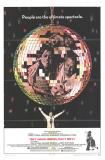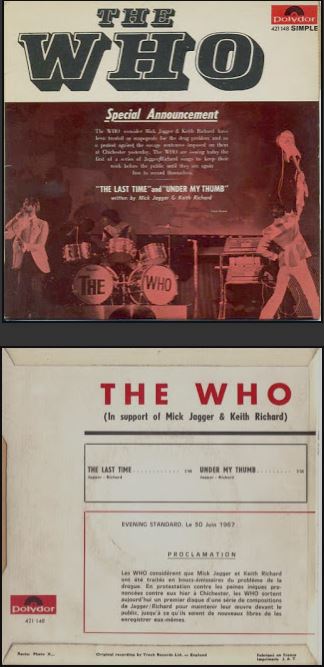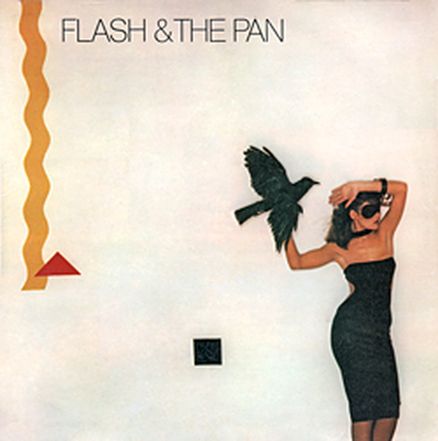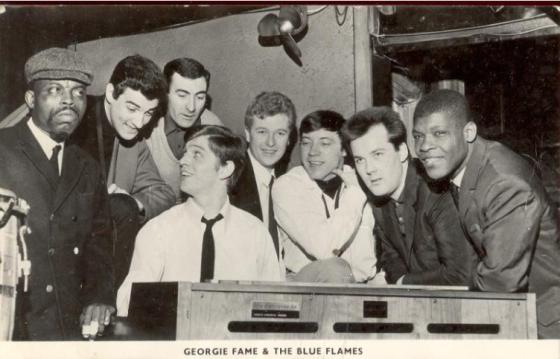Archäologie (CDXCII): “Before Jaco, bass didn’t know what it was yet.”
— Bootsy Collins (Bass Player, James Brown Band)
Produced by Metallica’s Robert Trujillo in association with Passion Pictures, JACO includes some incredible insights from an array of artists including Flea, Joni Mitchell, Sting, Wayne Shorter, Herbie Hancock, Geddy Lee, Bootsy Collins, Carlos Santana and others as well as Jaco’s family, and friends. It unveils the story of his music, his life, his demise, and ultimately the fragility of great artistic genius.
There are few musicians who fundamentally change their instrument, and even fewer still who transcend their instrument altogether. Jaco Pastorius did both.
In 1976, Jaco’s melodic “singing” bass style redefined the role of the bass in modern music. Almost overnight, critics hailed Jaco Pastorius as “the future of modern music,” alongside popular visionaries like David Bowie, Tom Waits, Patti Smith, Bryan Ferry, Lou Reed, and Herbie Hancock.
View on YouTube
“The sound of music being played is really the greatness of the human being.” -Wayne Shorter (Saxophone Player, Miles Davis; Weather Report)
The sound of music being played kann in diesem Sinne auch widerspiegeln, was Gesellschaften umtreibt. Hören Sie in diesem Sinne Jaco Pastorius' Crisis (Track 1 from Jaco's 'Word Of Mouth' album released in 1981) und lassen Sie Gedanken zur Frage CRISIS , WHAT CRISIS ? dazu laufen ...
Welche Rolle spielt der Bass in der Krise, wer treibt, wie reagieren die anderen Spieler?
Gedankenspiel: Ordnen Sie mal Spieler unserer schwer krisenhaften ökonomisch-politisch-sozialen Situation einzelnen Instrumenten zu und versuchen Sie, die Interaktion zwischen den Spielern zu verfolgen.
Mein Hörerlebnis: Bass/drums-neoliberal entfesselte Ökonomie treibt alle vor sich her, die Flöten umspielen das eher freundlich, liefern den ideologischen Nebel, die Bläser umspielen das unterschiedlich stark auf Widersprüche aufmerksam machend, aber zunehmend Krise signalisierend, sogar das Piano akzentuiert das zuweilen ...
View on YouTube
Jaco Pastorius, the world’s greatest bass player
Jaco Pastorius bei GBlog
Zugabe: Tal Wilkenfeld - She is the girl with the magical fingers, who won over a legend and has been thrilling audiences ever since with her prowess on the bass. Although beginning her musical journey on the guitar, it was someone else who actually pointed out to her that she was playing her instrument more like a bass and that maybe she should consider putting her hands on it instead. It would become a marriage made in instrumental heaven. (Glide Magazine February 15, 2016)
View on YouTube
Produced by Metallica’s Robert Trujillo in association with Passion Pictures, JACO includes some incredible insights from an array of artists including Flea, Joni Mitchell, Sting, Wayne Shorter, Herbie Hancock, Geddy Lee, Bootsy Collins, Carlos Santana and others as well as Jaco’s family, and friends. It unveils the story of his music, his life, his demise, and ultimately the fragility of great artistic genius.
There are few musicians who fundamentally change their instrument, and even fewer still who transcend their instrument altogether. Jaco Pastorius did both.
In 1976, Jaco’s melodic “singing” bass style redefined the role of the bass in modern music. Almost overnight, critics hailed Jaco Pastorius as “the future of modern music,” alongside popular visionaries like David Bowie, Tom Waits, Patti Smith, Bryan Ferry, Lou Reed, and Herbie Hancock.
View on YouTube
“The sound of music being played is really the greatness of the human being.” -Wayne Shorter (Saxophone Player, Miles Davis; Weather Report)
The sound of music being played kann in diesem Sinne auch widerspiegeln, was Gesellschaften umtreibt. Hören Sie in diesem Sinne Jaco Pastorius' Crisis (Track 1 from Jaco's 'Word Of Mouth' album released in 1981) und lassen Sie Gedanken zur Frage CRISIS , WHAT CRISIS ? dazu laufen ...
Welche Rolle spielt der Bass in der Krise, wer treibt, wie reagieren die anderen Spieler?
Gedankenspiel: Ordnen Sie mal Spieler unserer schwer krisenhaften ökonomisch-politisch-sozialen Situation einzelnen Instrumenten zu und versuchen Sie, die Interaktion zwischen den Spielern zu verfolgen.
Mein Hörerlebnis: Bass/drums-neoliberal entfesselte Ökonomie treibt alle vor sich her, die Flöten umspielen das eher freundlich, liefern den ideologischen Nebel, die Bläser umspielen das unterschiedlich stark auf Widersprüche aufmerksam machend, aber zunehmend Krise signalisierend, sogar das Piano akzentuiert das zuweilen ...
View on YouTube
Jaco Pastorius, the world’s greatest bass player
Jaco Pastorius bei GBlog
Zugabe: Tal Wilkenfeld - She is the girl with the magical fingers, who won over a legend and has been thrilling audiences ever since with her prowess on the bass. Although beginning her musical journey on the guitar, it was someone else who actually pointed out to her that she was playing her instrument more like a bass and that maybe she should consider putting her hands on it instead. It would become a marriage made in instrumental heaven. (Glide Magazine February 15, 2016)
View on YouTube
gebattmer - 2016/02/10 19:50



























































.jpg)








